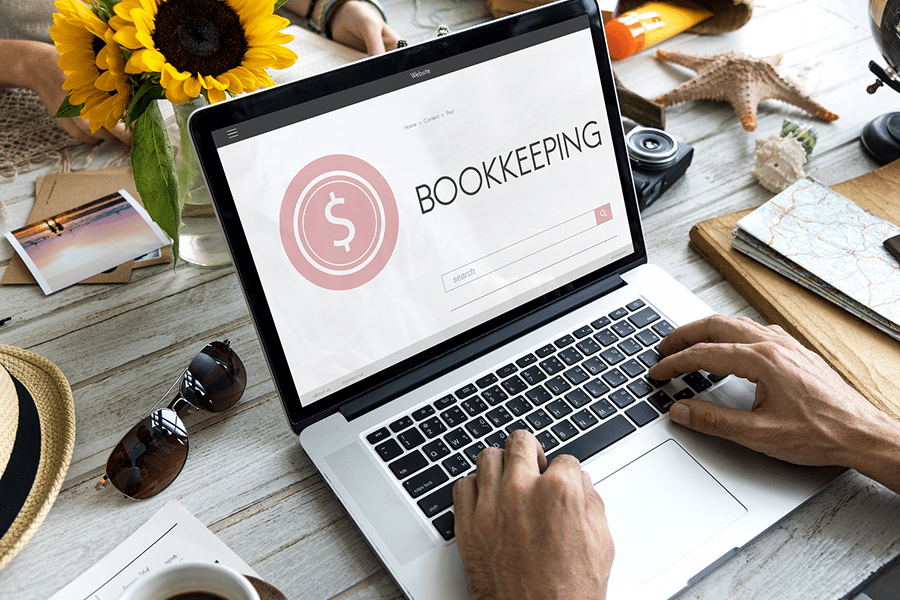Accounting for Casinos and Gaming delves into gaming operations, covering those accounting issues most relevant to a gaming entity. Topics covered include the accounting for loyalty and incentive programs, jackpots, chips and tokens, licensing fees, payroll, marker collections, fixed assets, and interest capitalization. Poker CPA Since applying our tax experience to the gambling industry over 10 years ago, we have simplified tax preparation for amateur and professional poker players. With firms located in Las Vegas and the outskirts of Atlantic City, we have developed a concentration in the gaming industry and understand the need to remain knowledgeable in the. The section, named ‘Income From Other Sources’ requires tax to be filed against any profits made through online gambling, lottery, sports betting, online gaming, etc. The tax levied on such income is 30% excluding the cess. The net amount totals to 31.2%, including cess. This tax has no regard for the amount won or games played.
 By Alistair M. Nevius
By Alistair M. NeviusProfessional gamblers are treated differently from amateur gamblers for tax purposes because a professional gambler is viewed as engaged in the trade or business of gambling. The professional gambler reports gambling winnings and losses for federal purposes on Schedule C, Profit or Loss From Business. To compute his or her business income, the professional gambler may net all wagering activity but cannot report an overall wagering loss. In addition, the taxpayer may deduct 'ordinary and necessary' business expenses (expenses other than wagers) incurred in connection with the business.
Whether a gambler is an amateur or a professional for tax purposes is based on the 'facts and circumstances.' In Groetzinger, 480 U.S. 23 (1987), the Supreme Court established the professional gambler standard: 'If one's gambling activity is pursued full time, in good faith, and with regularity, to the production of income for a livelihood, and is not a mere hobby, it is a trade or business.' The burden is on the gambler to prove this status.

In addition to applying the standard established in Groetzinger, courts sometimes apply the following nonexhaustive nine-factor test in Regs. Sec. 1.183-2(b)(1) used to determine intent to make a profit under the hobby loss rules to decide whether a taxpayer is a professional gambler:
- The manner in which the taxpayer carries on the activity;
- The expertise of the taxpayer or his advisers;
- The time and effort the taxpayer expended in carrying on the activity;
- An expectation that assets used in the activity may appreciate in value;
- The taxpayer's success in carrying on other similar or dissimilar activities;
- The taxpayer's history of income or losses with respect to the activity;
- The amount of occasional profits, if any, that are earned;
- The financial status of the taxpayer; and
- Elements of personal pleasure or recreation.
What if a professional gambler's 'ordinary and necessary' business expenses exceed the net gambling winnings for the year? In Mayo, 136 T.C. 81 (2011), the court held the limitation on deducting gambling losses does not apply to ordinary and necessary business expenses incurred in connection with the trade or business of gambling. Therefore, a professional gambler may report a business loss, which may be applied against other income from the year.
Cpa Tax Accountant
LIMITATIONS ON LOSS DEDUCTIONS
Some states do not permit amateur gamblers to deduct gambling losses as an itemized deduction at all. These states include Connecticut, Illinois, Indiana, Kansas, Massachusetts, Michigan, North Carolina, Ohio, Rhode Island, West Virginia, and Wisconsin. A taxpayer who has $50,000 of gambling winnings and $50,000 of gambling losses in Wisconsin for a tax year, for example, must pay Wisconsin income tax on the $50,000 of gambling winnings despite breaking even from gambling for the year.
Because professional gamblers may deduct gambling losses for state income tax purposes, some state tax agencies aggressively challenge a taxpayer's professional gambler status. A taxpayer whose professional gambler status is disallowed could face a particularly egregious state income tax deficiency if the taxpayer reported on Schedule C the total of Forms W-2G, Certain Gambling Winnings, instead of using the session method under Notice 2015-21. In this situation, the state may be willing to consider adjusting the assessment based on the session method if the taxpayer provides sufficient documentation.
For a detailed discussion of the issues in this area, see 'Tax Clinic: Taxation of Gambling,' by Brad Polizzano, J.D., LL.M., in the October 2016 issue of The Tax Adviser.
—Alistair M. Nevius, editor-in-chief, The Tax Adviser
The Tax Adviser is the AICPA's monthly journal of tax planning, trends, and techniques.
Also in the October issue:
- An analysis of executive compensation clawbacks.
- An update on recent developments in estate planning.
- A look at revisions to Forms 1042-S and W-8BEN-E.
AICPA members can subscribe to The Tax Adviser for a discounted price of $85 per year. Tax Section members can subscribe for a discounted price of $30 per year.
Displayed here are Job Ads that match your query. SimplyHired may be compensated by these employers, helping keep SimplyHired free for jobseekers. SimplyHired ranks Job Ads based on a combination of employer bids and relevance, such as your search terms and other activity on SimplyHired. For more information, see the SimplyHired Privacy Policy.
We will send you email when there are new accountant casino accounting jobs.
Online Casino Tax Accountant Forms
Refine Your Search
Tax Accountant Near Me
Minimum Salary
Date Added
Showing 1-11 of 84